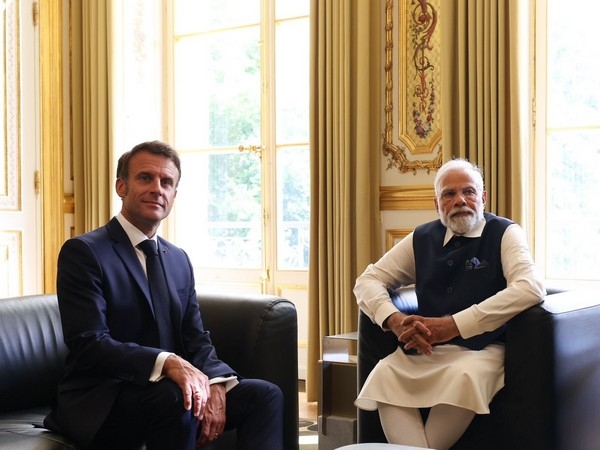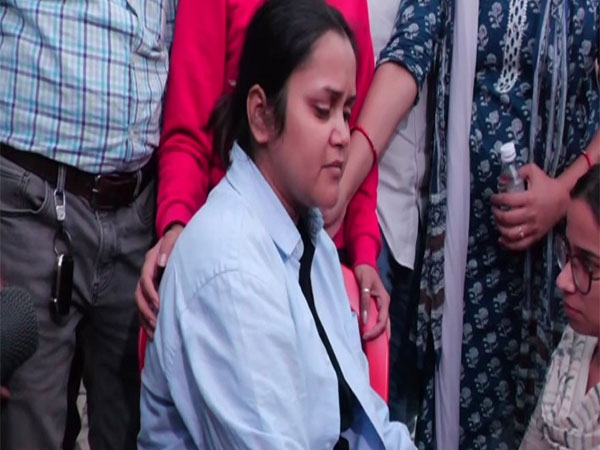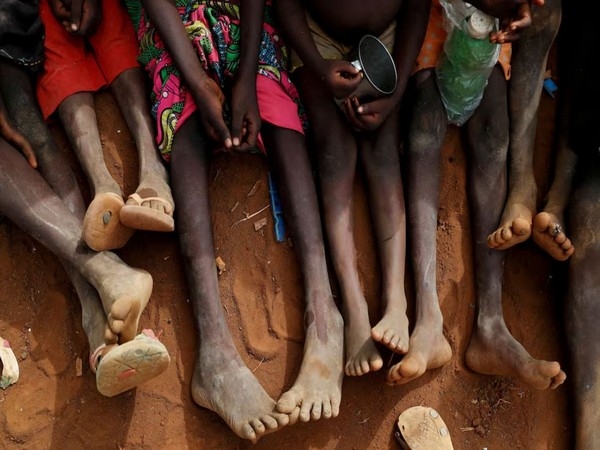This Dilliwallah uses visual art to familiarise Gen X with Faiz, Manto & Paash
We are a strange people. We make a political statement by sporting a Che Guevara cap, flaunting a Jimi Hendrix T-shirt and blindly endorsing Leninism. We choose them over the literary and political greats of our subcontinent. We ignore greats like Faiz Ahmed Faiz, Jaun Elia, Parveen Shakir, Paash, Gajanan Madhav Muktibodh or Saadat Hasan Manto because we were, perhaps, never introduced to their legacy. Because we never took pride in their work. Because we never saw them as our own.
One man is trying to change this equation. With paint and brush in hand, Shiraz Husain is slowly changing this sad reality in his quiet studio in a south Delhi locality. His project is aptly called Khwaab Tanha Collective - a visual project to instill love for our languages, from Hindi and Urdu to Bengali and everything in between.
"Not only Urdu, most other Indian languages are on the ventilator, breathing their last. If life is not infused into these languages now they will wither away. We will find them buried between the pages of history books. The blood will not be on the government\'s hands alone. The onus is as much on us to resuscitate them in our own small, but unique way," Husain tells Catch.
Husain grew up in a family which read in its leisure time and gossiped over shair-o-shayiri. This collective loss for the love of the vernacular language, therefore, hurt. But the ultimate trigger was the nauseous result Google Images threw up when he searched: "Urdu Poetry".
"Ghalib\'s and Faiz Ahmed Faiz\'s couplets were found in careless typography, pasted over the clichéd variants of pictures of crying girls and roses," says Husain.
The search result bothered him. And he was certain he wasn\'t the only one.
"So I resolved to give Urdu and Hindi poetry, as well the literature giants who created them, an artistic and strong visual representation," says Husain.
The Fillip
Before the second edition of the Jashn-e-Rekhta festival - a celebration of the Urdu language - Husain was invited to commemorate the centenary celebrations of Akhtar-ul-Iman, Ismat Chugtai and Rajinder Singh Bedi through his art.
"I began working on three major installations. I also included some of my previous works on these poets," recalls Husain.
Ever since, it has been a smooth ride for him. And he is optimistic that such an initiative will help raise awareness about our own literary giants.
"Khwaab Tanha Collective has received considerable appreciation and encouragement. However, I am aware of the fact that this is a small step in a long and challenging journey..."
He agrees that readership is going downhill, but he would rather act than be a petty cynic.
"Readership has suffered a serious decline. And even Indian authors writing in English have not received the attention they deserve from readers or publishers. But we can either be cynics and add to the lore of discouragement or we can make a difference, one right step at a time."
The Subcontinent's Pride
Our subcontinent produced literary gems - whom we seem to have forgotten, whose worth we don't seem to care about.
Saadat Hasan Manto (May 1912 - 18 January 1955) was born in Bombay and was tried for obscenity six times - three times in British India and three times after Independence when he moved to Pakistan.
Manto died early - aged 43. In his tragically short life , he produced 20 collections of short stories, five collections of radio dramas, three collections of essays, two collections of sketches, one novel and a clutch of film scripts. He wrote about sex and desire, alcoholics and prostitutes. He is best remembered for his stories of Partition.
Faiz Ahmed Faiz (February 1911 - 20 November 1984) was an influential left-wing intellectual and revolutionary poet who was nominated for the Nobel Prize for literature four times!
Faiz also wrote poetry in Punjabi. A notable member of the Progressive Writers' Movement, Faiz was an avowed Marxist for which he received the Lenin Peace Prize by the Soviet Union in 1962.
These are just two examples of the great literary lineage we carry. Yet no one ever thought of immortalising their quotes on coffee cups or on clothes.
Tanha No More?
Happy with the response that he has received, Husain is ready to take the next leap - change the fashion landscape by replacing the Che Guevara T-shirts with those embossed with images of Faiz Ahmed Faiz, Rabindranath Tagore or Jaun Elia.
"Creation of merchandise is no longer as tedious as it used to be 10 years ago. All one needs to do is place an order - requesting a quote from your favourite author on a T-shirt or a cup. I intend to do a test run before I go ahead with the launch in October."
So far it has been a smooth journey for Husain.
"I haven't faced any obstacle that stands etched out in my memory. However, it has come to my notice that some of my work has been plagiarised. But I believe that's a good thing, the imitators would perhaps then benefit from cleaner techniques and a refined aesthetic sense."
Husain says his project has been influenced by the protagonist of Ayn Rand's The Fountainhead - a headstrong architect who refused to compromise his vision for the sake of success - and also Shea Hembrey.
Husain started out alone and has created an impact with his vision, with his art. He still has a long way to go, but now he is not alone -- he is carrying a lot of love and goodwill.
He signs off with this Majrooh Sultanpuri couplet:
Main akela hi chala tha janib-e-manzil
Magar log saath aate gaye aur kaarvaan banta gaya
(I started all alone towards the goal/(but)
people kept joining and it began to turn into a caravan)
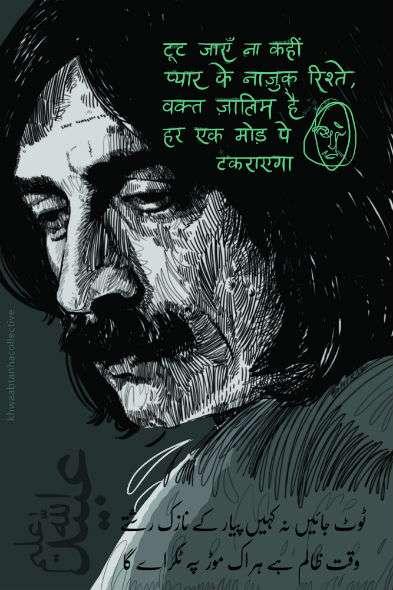
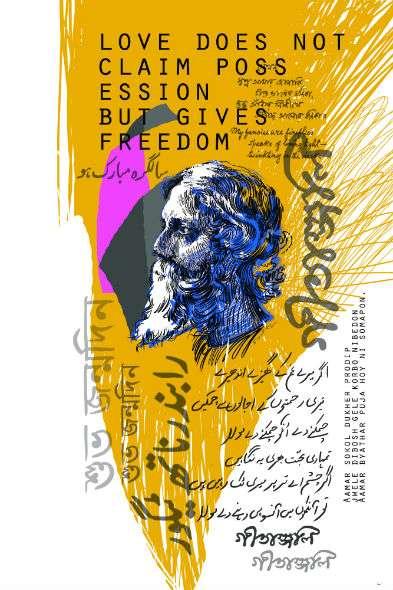
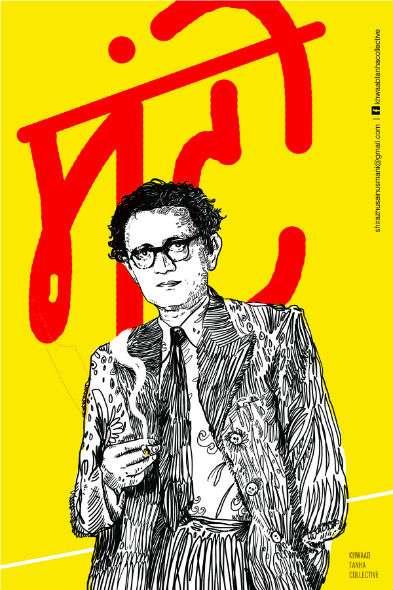
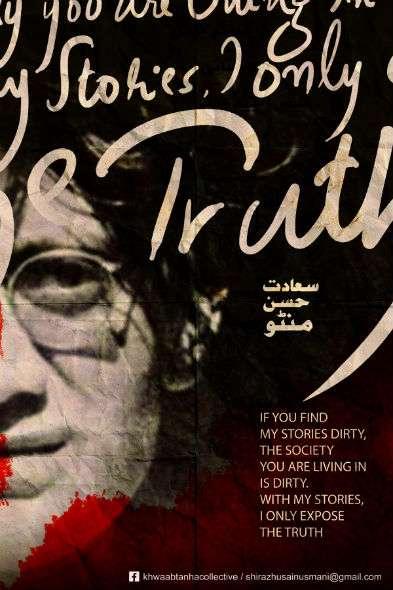
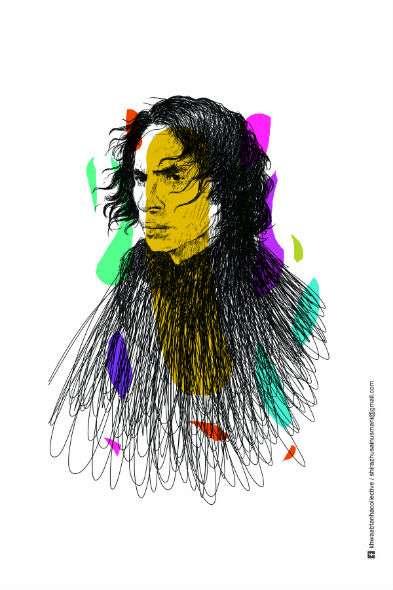
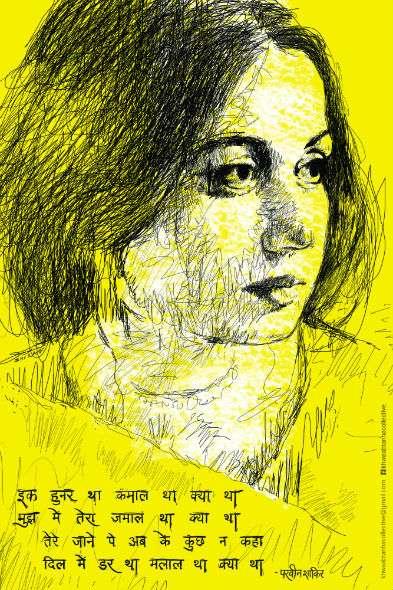
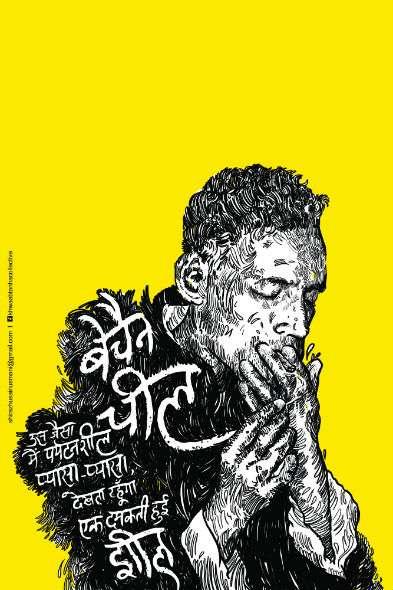
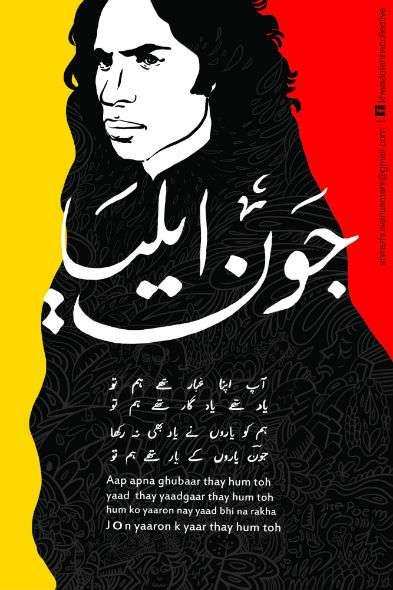
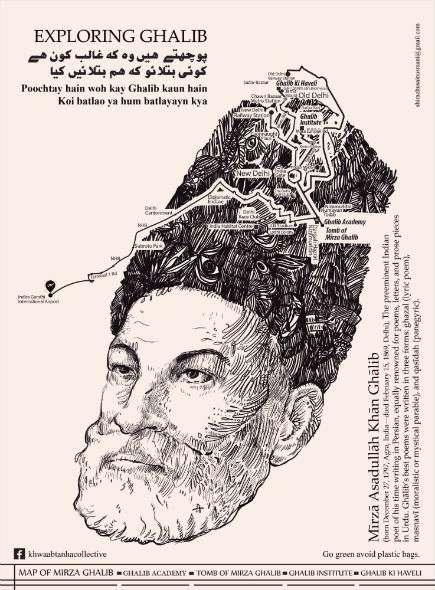
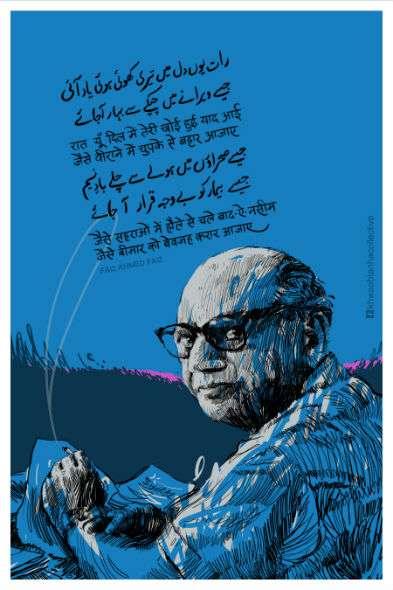
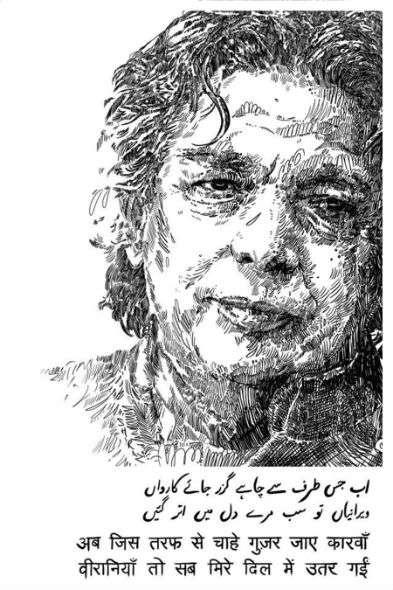







![BJP's Kapil Mishra recreates Shankar Mahadevan’s ‘Breathless’ song to highlight Delhi pollution [WATCH] BJP's Kapil Mishra recreates Shankar Mahadevan’s ‘Breathless’ song to highlight Delhi pollution [WATCH]](https://images.catchnews.com/upload/2022/11/03/kapil-mishra_240884_300x172.png)

![Anupam Kher shares pictures of his toned body on 67th birthday [MUST SEE] Anupam Kher shares pictures of his toned body on 67th birthday [MUST SEE]](https://images.catchnews.com/upload/2022/03/07/Anupam_kher_231145_300x172.jpg)


